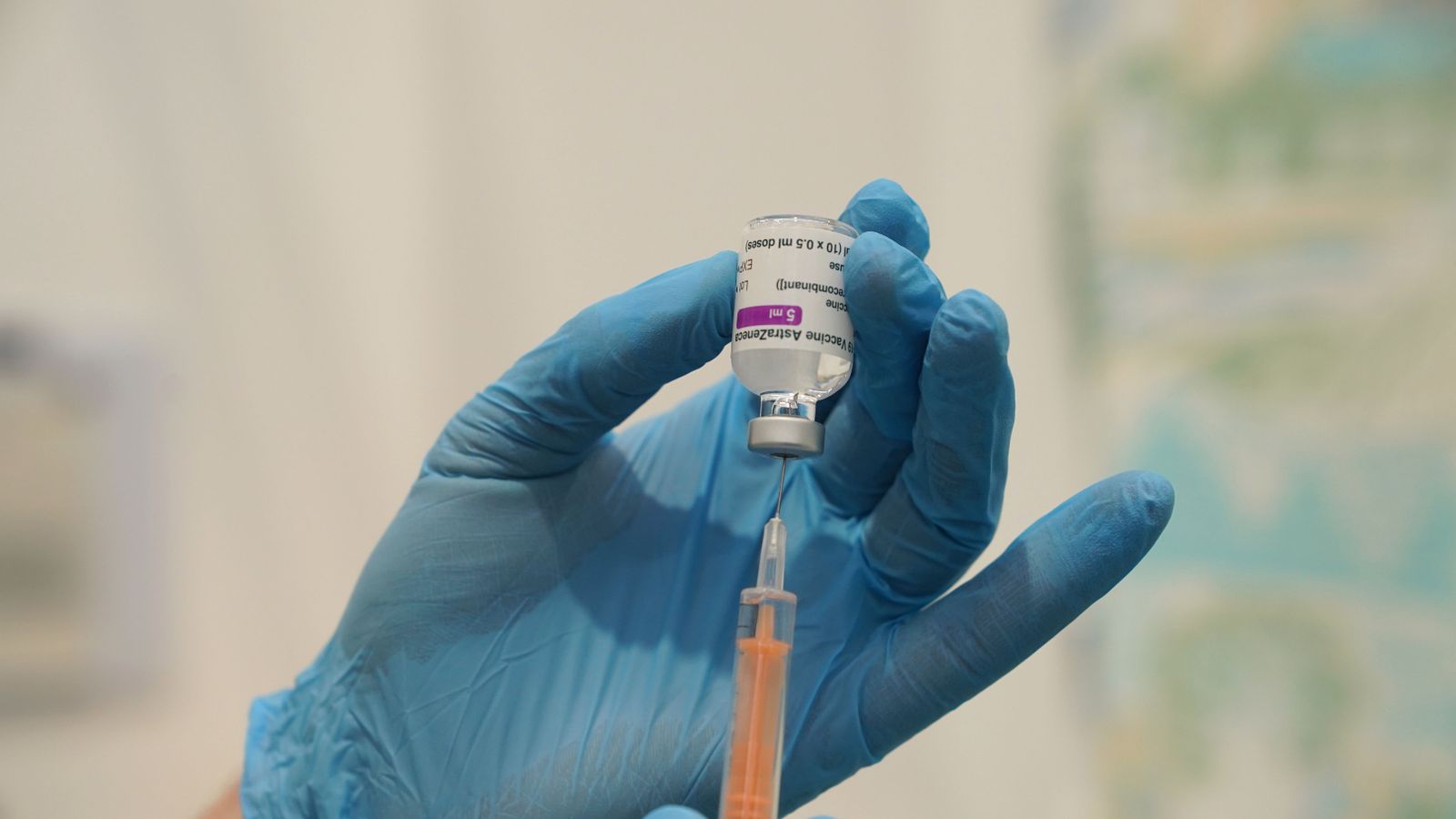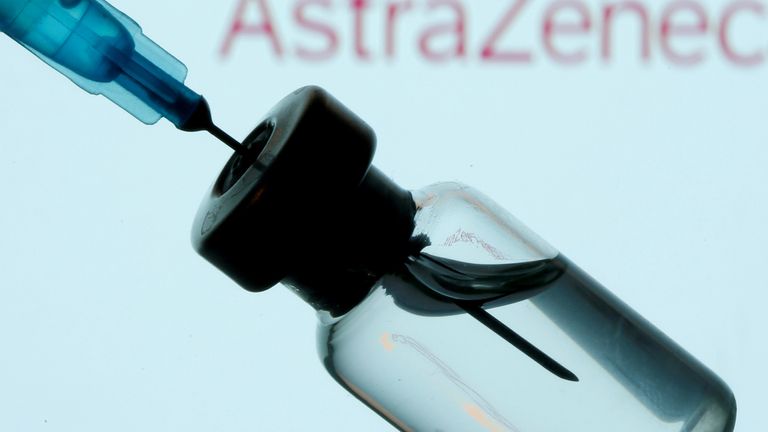The discord between the EU and drug manufacturer AstraZeneca remains despite a meeting between senior figures on Wednesday, with politicians demanding a plan from the company on how they will provide the promised number of coronavirus vaccine doses.
European Commissioner for Health Stella Kyriakides said after the meeting that the bloc “regret the continued lack of clarity on the delivery schedule” of the jabs and “request a clear plan from AstraZeneca for the fast delivery of the quantity of vaccines that we reserved for Q1”.
Meanwhile, a spokesman for AstraZeneca said they had discussed the “complexities of scaling up production” of the vaccine, and will “continue our efforts to bring this vaccine to millions of Europeans at no profit during the pandemic”.
Tensions have grown in recent days after the pharmaceutical giant said it would not be able to provide the previously announced number of inoculations in Europe.
AstraZeneca say this is due to production issues at factories on the continent and problems with the supply chain, and they are providing as many doses as possible.
The EU has said this is a breach of contract, and that the company should send vials from other production facilities – like those in the UK – to match previously made commitments.
While the finger pointing between the groups continued, Prime Minister Boris Johnson avoided being drawn on any potential impact of the dispute on UK vaccine supplies during a Downing Street news conference.
Mr Johnson said he was “very confident in our contracts” about the vaccine, which was developed in the UK at Oxford University.
AstraZeneca chief executive Pascal Soriot said the supply chain in Europe still has “teething issues” – something which had been ironed out in the UK where the contracts were agreed three months earlier.
But Ms Kyriakides said: “We reject the logic of first come first served. That may work at the neighbourhood butchers but not in contracts.”
When the contract with the EU was signed, the stated number of doses to be provided by AstraZeneca was 300 million.
By the end of March this year, the pharmaceutical supplier was due to handover 80m jabs, but this was reduced to 31m last week.
The EU said this was a breach of the contract, while AstraZeneca said the agreement was only for a “best effort” as the drug was in development.
Mr Soriot told German newspaper Die Welt: “The reason why we said [it’s a best effort] is because Europe at the time wanted to be supplied more or less at the same time as the UK, even though the contract was signed three months later.”

